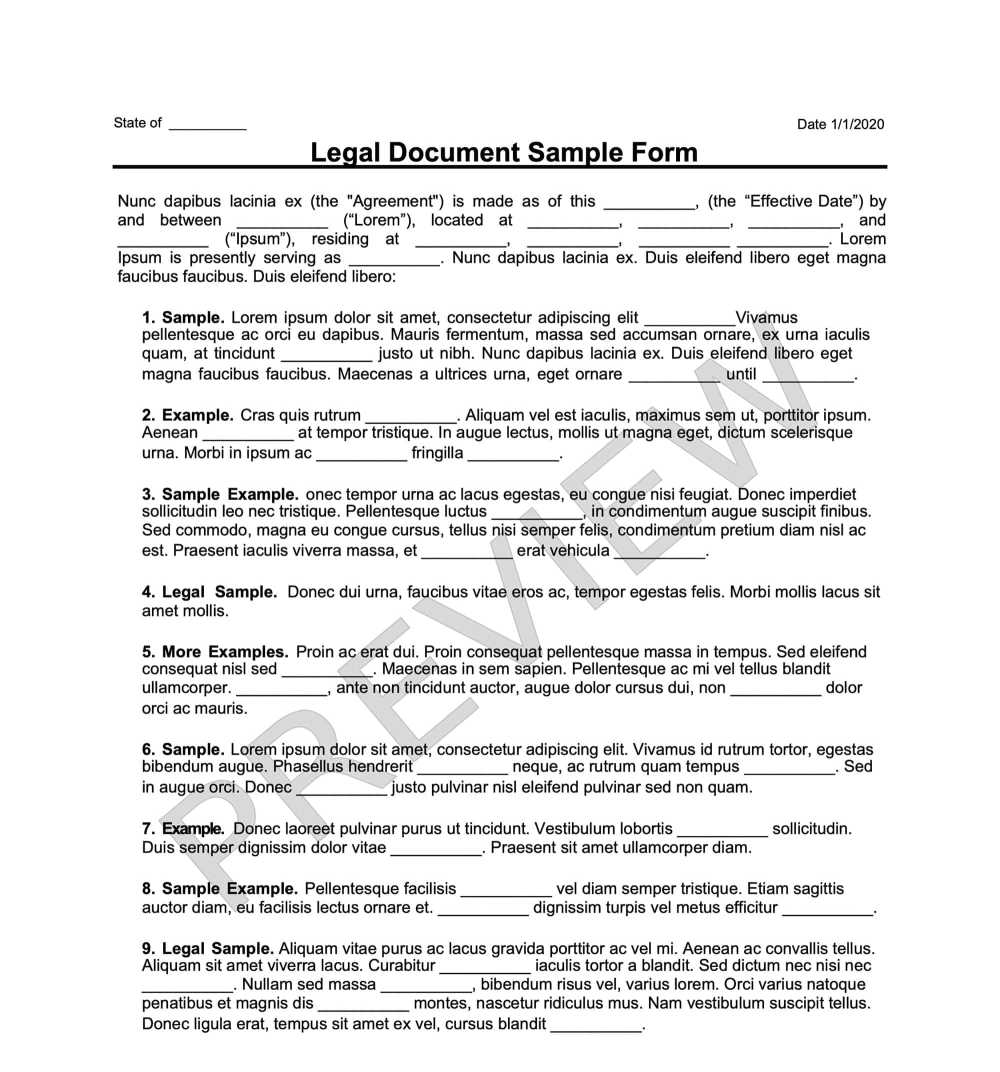Employee Termination Letter
An Employee Termination Letter is a way for an employer to inform its employee that they are being let go.


Frequently Asked Questions
Essentially, a termination is getting fired for work performance. If an employee displays an unsatisfactory quality of work, insubordination, theft, or even chronic tardiness, the employer has the right to fire them whenever. They may not even have to have a reason at all. In contrast, a layoff occurs due to a company's downsizing, relocation, outsourcing, or merger. Companies usually lay off workers in groups and offer them severance packages. Lays-offs could also mean that the situation is temporary, though a larger employer usually uses the furlough for this purpose.
An Employee Separation Agreement is another type of termination. Employers use it to protect themselves from any liabilities. In return, they may offer employees a severance package. A separation agreement means that both parties are ending the working relationship in good faith and won’t hold each other responsible for anything that transpired in the course of the relationship.
The employer is not required by federal or state law to use an Employee Termination Letter. However, many employers choose to do so as a matter of company policy. This rule might even be a part of the company's bylaws, so regardless of who is in charge, they will have to abide by this rule.
There are no laws that mandate employers to notify employees before presenting the termination letter. The only exception may be if the employee is in a union and there’s a separate union agreement. Or, if it is stated otherwise in the contract. Also, in the case of larger companies that have over 100 employees, laying off workers may require a 60-day notice. Most of these companies would just send the employees home and continue to pay them for the period.
Even though an employer can fire any employee at will, there are certain limitations to this rule.
In the spirit of equal protection, a company is not permitted to terminate employees based on race, gender, age, disability, sexual orientation, religion, national heritage, or pregnancy status.
These are the only circumstances where an employee can take an employer to court for wrongful termination.




